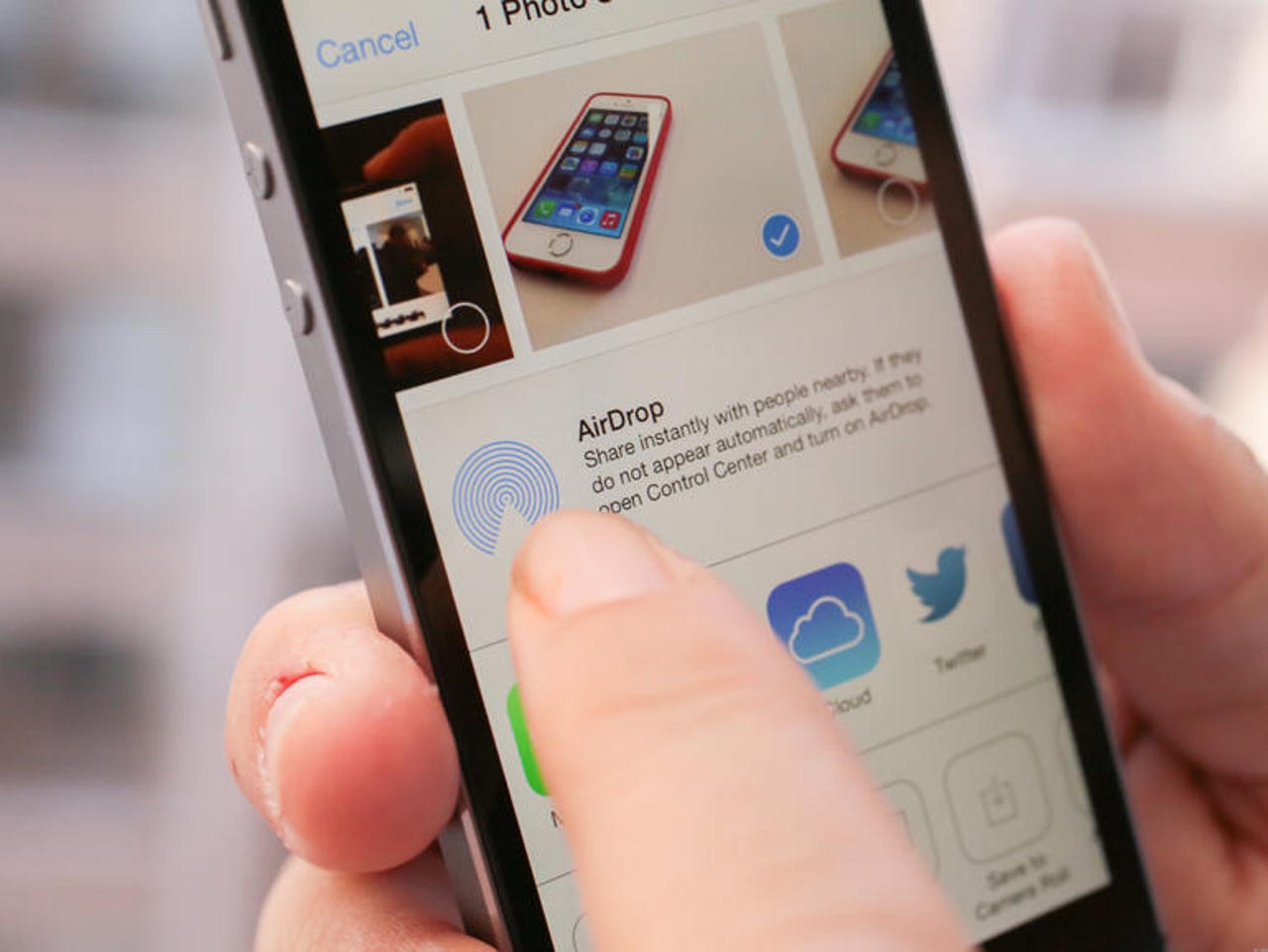Apple aims to "legalize" music, video file sharing with new patent

The patent, filed in 2011 and awarded earlier this month, aims to make it substantially easier for iPhone and iPad users to share content with each other, particularly music and video files that come with digital rights restrictions.
The system would likely work in a similar way to AirDrop, which allows Macs, iPhones, and iPads to share documents and other content with other Apple devices. But content that's protected by digital rights software (DRM) cannot be shared.
Instead of downloading a copy of the file from iTunes, the patent describes how music and video files can be shared (through AirDrop or similar means) with others once they obtain a license.
The patent says this peer-to-peer sharing system has benefits, like reduced bandwidth costs for the content store owners. This means Apple device owners could be incentivized to use the file-sharing system by being offered a license to play the file at a cheaper cost.
Peer-to-peer technology may be used widely by illegal file-sharers, but Apple says in its filing this system may reduce piracy.
By offering content cheaper through nearby file-sharing, "this may encourage users to trade or copy digital content units as well as authorize these copies," the patent reads. "Such sharing may, in turn, reduce piracy or illegal copying since the opportunity cost of having one or more rights in an authorized copy of the digital content unit may be reduced."
Apple invents and patents technologies all the time, and there is no guarantee that it will end up in a later version of Apple's mobile software, iOS.
The Cupertino, Calif.-based technology giant has dipped its toe into "pirate" waters before. In 2011, Apple introduced iTunes Match, which allowed users to pay about $25 per year to upload songs they owned (legally or not) and receive better quality versions if they were available.
At the time, the conclusion was that Apple was "legitimizing" music that had been pirated by sharing some of the profits from iTunes Match back to the rights owners in form of royalties.
The cloud-based service continues to generate trust and revenue for the company.
The company's iTunes division revenue has gone from making $729 million in the fourth-quarter of 2011 to $4.6 billion in the same quarter three years later -- albeit with a few internal division changes.
Apple could not be immediately reached for comment Friday.
